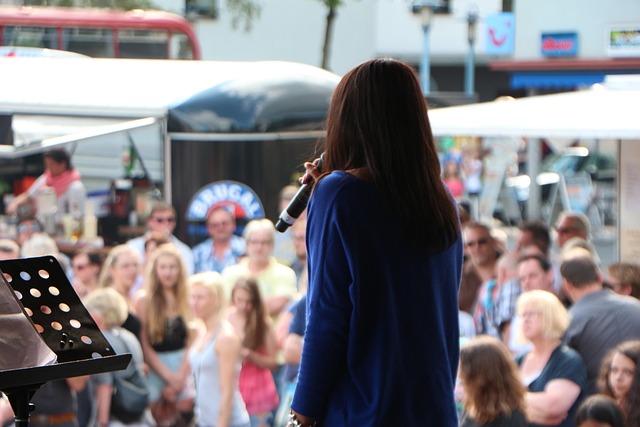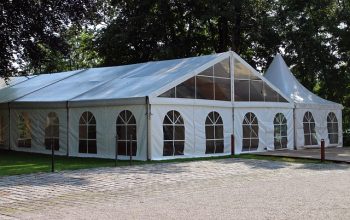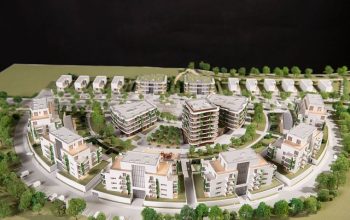For successful local business event planning, engage directly with residents and business owners to understand community needs. Active listening guides the creation of events that foster connection, address relevant issues, and celebrate community character. Collaboration among local businesses enhances impact, fosters goodwill, and encourages mutual support, making events enjoyable and meaningful for all.
Community outreach events are a powerful tool for local businesses to engage and connect with their target audience. Effective event planning starts with understanding community needs and interests. This involves researching demographics, gathering feedback through surveys and focus groups, and recognizing cultural events. Once the community’s pulse is understood, strategic planning can begin. Define clear goals, identify the target audience, set a budget, choose an accessible venue, and create a comprehensive plan for promotion, staffing, activities, and supplies to ensure successful Event Planning for Local Businesses.
Identifying Community Needs and Interests

In the realm of event planning for local businesses, understanding community needs and interests is a cornerstone of successful outreach. By engaging directly with residents and business owners, organizers can tailor events that resonate deeply with the target audience. This involves active listening to gather insights into local preferences, challenges, and aspirations. Such information guides the creation of programs that foster connection, address relevant issues, and celebrate the unique character of the community.
For instance, a bustling metropolis might benefit from events promoting environmental sustainability, while a quieter neighborhood may prioritize family-friendly activities or cultural celebrations. Event planners should also consider local businesses’ roles in these initiatives. Collaborating with existing enterprises allows for more impactful outreach, fosters goodwill, and encourages mutual support within the community. This strategic approach ensures that events are not just enjoyable but also meaningful, ultimately strengthening the bond between businesses and their neighbors.
– Researching local demographics and community trends

When planning community outreach events for local businesses, understanding the demographics and trends within your target area is crucial. By conducting thorough research, event organizers can tailor activities to resonate with the specific needs and interests of the local population. This involves analyzing factors like age groups, cultural backgrounds, and socio-economic status, which shape the community’s unique identity. With this knowledge, businesses can create engaging events that foster connections and build a stronger sense of community.
For instance, a local café might discover that its neighboring area has a thriving arts scene, with a significant number of young professionals. In response, they could organize an event featuring local artists, fostering dialogue and appreciation for the creative community. Such targeted initiatives not only attract attendees but also demonstrate businesses’ commitment to enhancing the social fabric of their surroundings. Effective event planning for local businesses thus becomes a powerful tool for building bridges between companies and the communities they serve.
By understanding the needs and interests of their local communities, businesses can transform event planning into a powerful tool for engagement. Through targeted outreach, they can create meaningful experiences that foster connections and drive positive change. This strategic approach not only strengthens community ties but also positions local businesses as responsible and responsive contributors to their neighborhood’s well-being.



